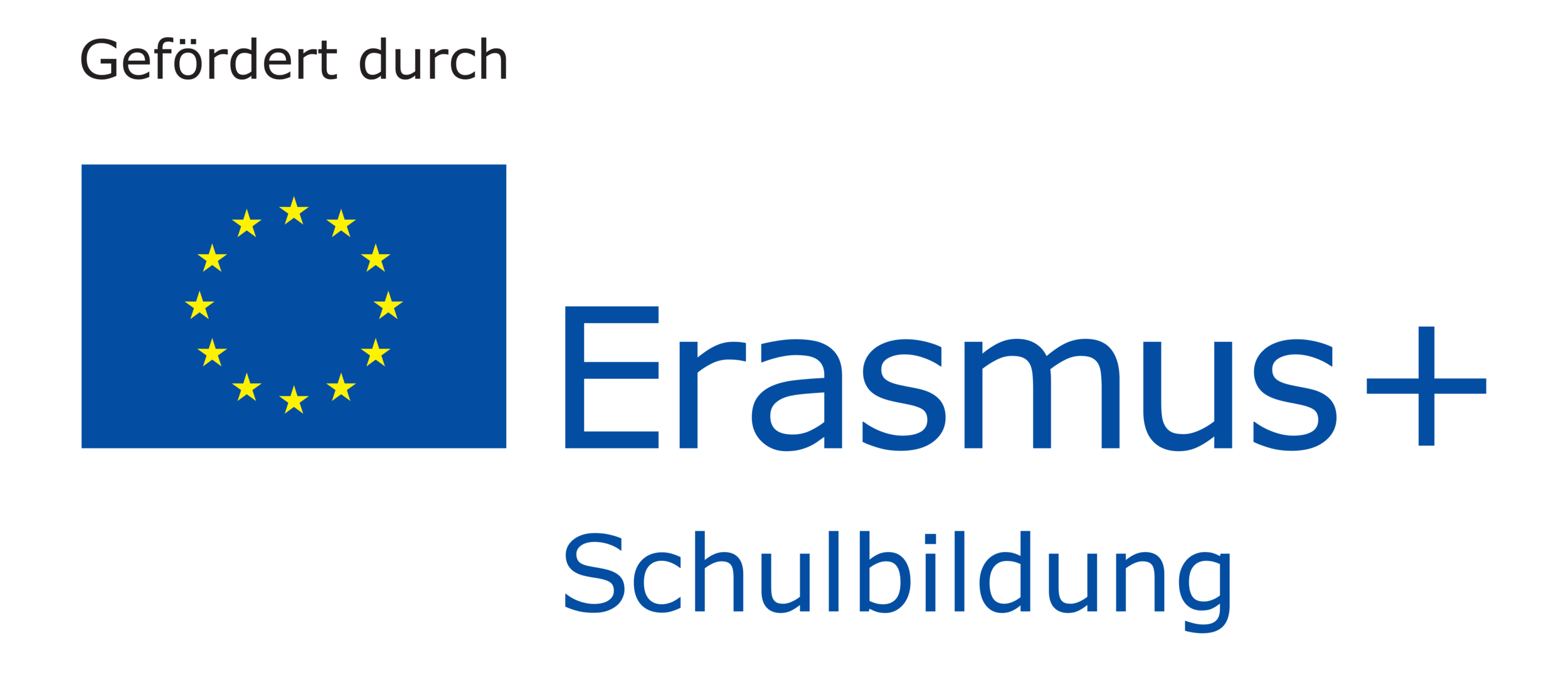Max
Social-Emotional Competence
Research shows a strong link between social-emotional competence and cognitive development, language acquisition, mental health and general academic success (Housman, 2017).
Social-emotional competence is the ability to interact positively with others, regulate emotions and behaviour, solve problems, and communicate effectively with others (Innis, 2018).
Competence is the ability to do something successfully. It is considered to be an important aspect in the process of consent in young children. Based on a child's past experiences, personality and so forth, a child's competence can inform their ability to make decisions and participate in activities, etc. (Diesfield, 2015).
What are the potential risk factors for Max when it comes to prosilience?
What are the potential resources to support Max when it comes to prosilience?
How might Max be feeling?
What is a potential hypothesis for Max's behaviour?
What next steps could his educators take?
In what way can we allow for Max to express his aggression or frustration in a healthy and safe way?
What kind of support plan could be made for Max? What kind of support could be given to his family?
Is the nanny still involved in some way or did Max also lose a significant bonding person at this time of transition?
Max shows great competence in his language skills, but due to his move and his family situation, his lack of social-emotional skills makes it hard for him to cope with everything he is dealing with in his life. While he may be able to express himself in two languages, he now needs to learn to use these languages help him communicate his wants and needs.

